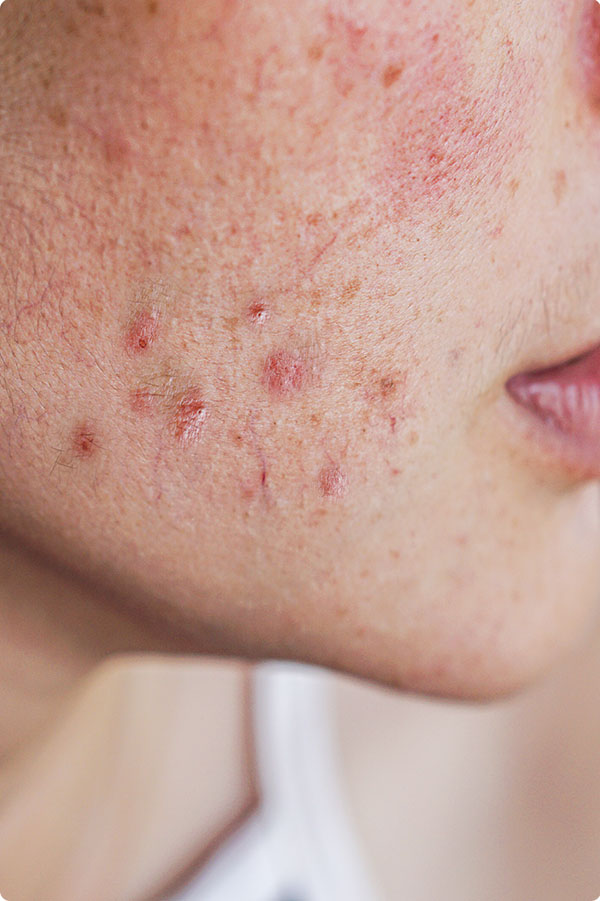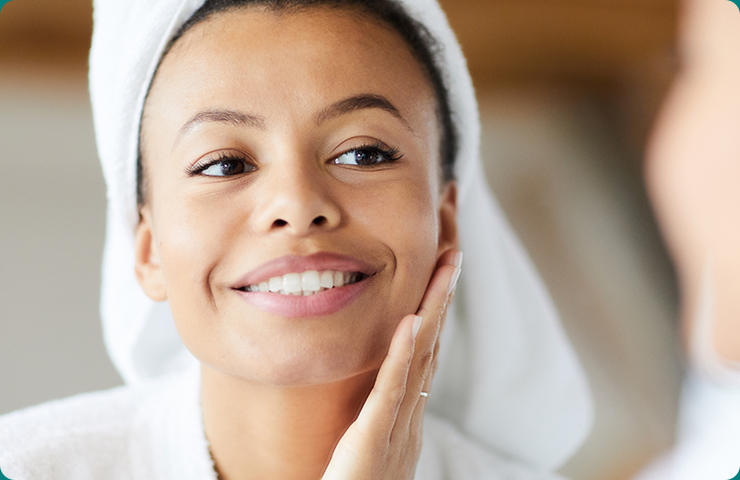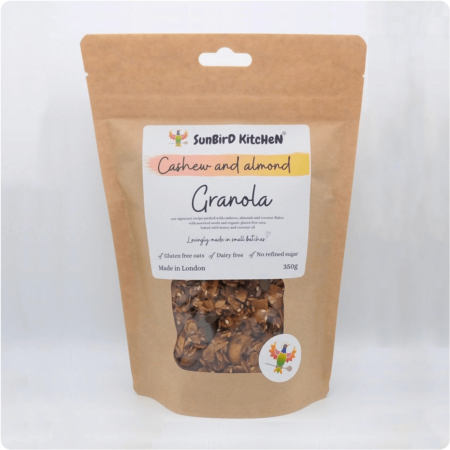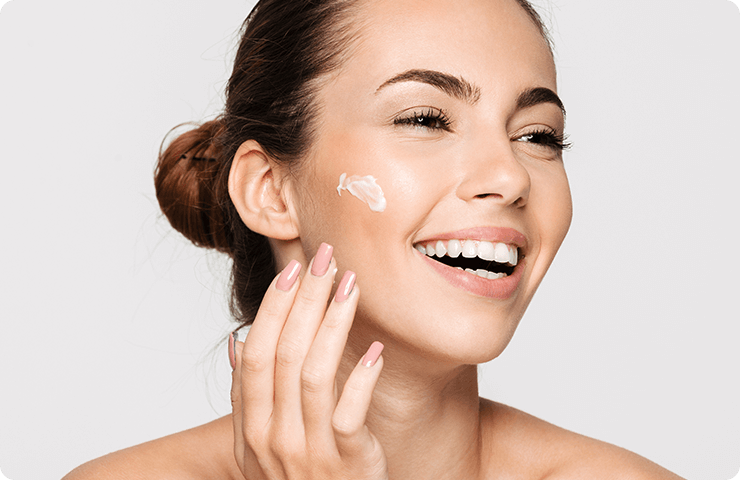
Acne
Written by Melanie Dixon

Common Symptoms
Psoriasis is a whole-body inflammatory condition that is so much more than skin deep. People with psoriasis often experience symptoms including:
- Skin plaques that can be large or small, smooth or scaly, red or white, depending on which type of psoriasis you have
- Food sensitivities
- Other auto-immune conditions such as Coeliac disease, thyroid auto-immunity and rheumatoid arthritis
- Diabetes and heart disease
- Depression
Common Causes
Conventional medicine often views psoriasis as just a skin condition, but psoriasis is actually an auto-immune condition, meaning that part of the body’s own immune system becomes confused and attacks normal tissues in the body.
- Poor Digestion & Leaky Gut undigested protein can create toxins that get into the body through the gut lining, causing the immune system to react
- Yeast Overgrowth a yeast infection in the gut called Candida is quite common in those with psoriasis
- Nutritional Deficiencies are seen in psoriasis, particularly of omega-3 fats (found in fish and some nuts and seeds), vitamin D, B12, selenium and fibre
Certain food sensitivities are also linked to psoriasis, especially gluten, nightshades (red peppers, aubergine and tomatoes) and alcohol. Stress, sunburn and anything that affects the immune system can also cause flare-ups.
Acne
Common Symptoms
Acne is a chronic inflammatory condition that is about so much more than just your skin. People with acne often experience some of the following symptoms in addition to their breakouts.
- Gut inflammation which can be caused by imbalances in gut bacteria, food sensitivities, diet and medication
- High stress levels due to mental and physical demands and a lack of coping mechanisms and/or relaxation Practices
- Hormonal imbalances for example androgen hormones can increase sebum production leading to breakouts
Common Causes
- High stress levels due to mental and physical demands and a lack of coping mechanisms and/or relaxation Practices
- Gut inflammation which can be caused by imbalances in gut bacteria, food sensitivities, diet and medication
- Hormonal imbalances for example androgen hormones can increase sebum production leading to breakouts
-
Poor liver function, insulin resistance and irritating/toxic skincare ingredients often also play a role in the development of acne.
Common Signs
Without even noticing, it’s completely normal to lose between 50-100 strands of hair every day, especially when brushing or washing your hair. If you’re worried that you’re losing more hair than this, it’s advisable to see your GP. Common signs that your hair loss isn’t normal are:
- Gradual thinning on top of the head
- Hair that’s easy to pull out or comes out in clumps
- Bald patches
- Loss of body hair
- Itching or burning of the scalp
Common Causes
- Tight hairstyles and chemical treatments
- Age
- Family history
- Pregnancy
- Stress or trauma
- Sudden weight loss
- Nutrient deficiencies
- Health conditions, after an illness or cancer
- Medications, chemotherapy or radiation treatment
Top Tips for Clear Skin






